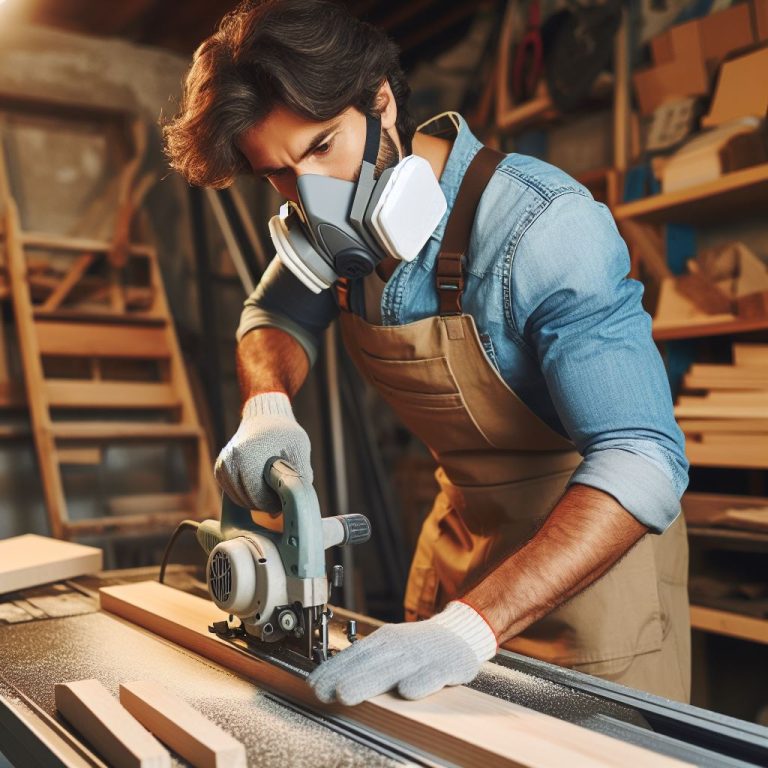In various industries and everyday tasks, protection against cuts and abrasions is paramount. Cut resistant gloves stand as a crucial line of defense, offering both professionals and individuals unparalleled safety and peace of mind.
Whether in industrial settings, culinary environments, or during DIY projects, the risk of cuts and lacerations is a constant concern. Cut resistant gloves serve as a shield, mitigating the potential harm posed by sharp objects, blades, or abrasive surfaces.

Benefits:
- Enhanced Safety: These gloves significantly reduce the risk of cuts, slashes, and punctures, safeguarding hands from potential injuries during various tasks.
- Versatility: Designed for multiple purposes, from handling sharp tools in construction to slicing ingredients in the kitchen, these gloves offer versatile protection across diverse industries.
- Comfort and Dexterity: Modern gloves are engineered to provide not only safety but also comfort and dexterity. They allow for precise movements without compromising on protection.
- Reduced Workplace Incidents: In work environments, the use of these safety gloves minimizes workplace accidents, leading to lower injury rates and enhanced productivity.
Top 5 Cut Resistant Gloves (2024 Edition)

1. MAFORES Level 9 Cut Resistant Glove (Food Grade)
This is the most durable glove on our list, and perfect for those who need a tough glove to keep in the kitchen for cutting up food.

2. Dowellife Cut Resistant Gloves Food Grade Level 5
Perfect for a variety of tasks, Grade Level 5 – this product really shines in the comfort department.

3. NoCry Premium Cut Resistant Gloves
4 times stronger than leather, and 100% safe for handling food. A solid choice to keep around the house for times of need or frequent kitchen use.

4. Schwer AIR-SKIN CR Gloves
Best overall for long-term wear. If you need a pair to wear for a long amount of time, then this is your best bet.

5. DEX FIT Level 5 Cut Resistant Gloves
Excellent grip properties, lightweight, and in addition, ideal for woodworking and other tasks when you need to protect your hands from cuts.
FAQ
They are often crafted from various materials such as Kevlar, Dyneema, Spectra fibers, stainless steel mesh, and high-performance polyethylene. Each material offers specific advantages in terms of cut resistance, flexibility, durability, and protection against abrasions.
The effectiveness of these gloves depends on multiple factors, including the material used, the glove’s ANSI/ISEA cut resistance rating, and proper fit. Furthermore, higher-rated gloves made from robust materials like Kevlar or Dyneema offer excellent protection against cuts, slashes, and abrasions. However, while they significantly reduce the risk, they are not entirely cut-proof and should be used in conjunction with proper safety practices.
ANSI/ISEA (American National Standards Institute/International Safety Equipment Association) ratings indicate the level of cut resistance a glove offers. And then, the ratings range from A1 to A9, with higher numbers denoting greater resistance to cuts. Assessing the rating helps users select gloves suited to their specific tasks and required protection level.
No, definitely not. Because, they’re designed for a wide range of industries and tasks, including construction, manufacturing, food handling, woodworking, glass handling, and more. However, it’s essential to match the gloves to the specific hazards and tasks involved. Basically, you will still want to use fireproof gloves when dealing with fire, so use what’s appropriate for the job at hand.
Many gloves on the market are machine washable or can be cleaned using specific methods outlined by the manufacturer. Following proper care instructions helps maintain their effectiveness and extends their lifespan.
Modern ones are designed with comfort in mind, furthermore aiming to provide a balance between protection and dexterity. Furthermore, gloves made from advanced materials often offer a snug fit and flexibility, which allows for comfortable wear during extended use.




